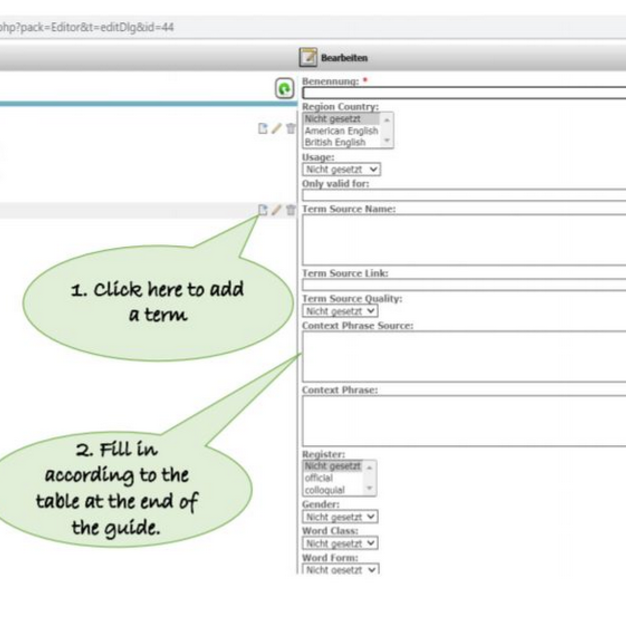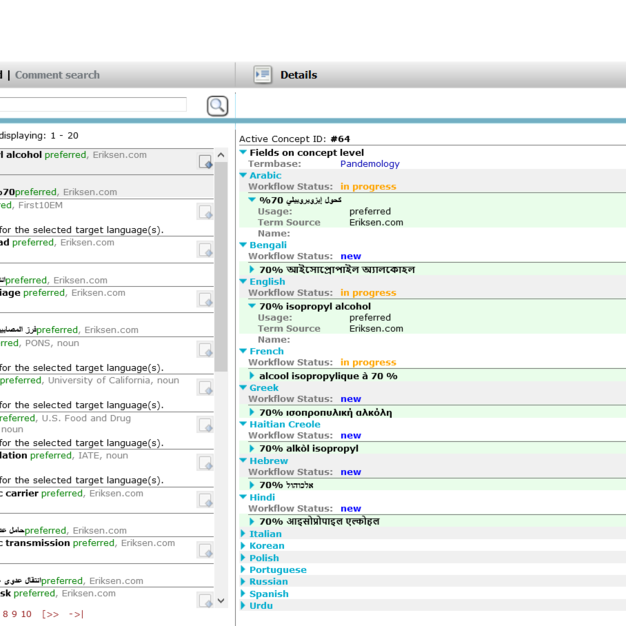Have you heard of Pandemology? Pandemology is simply short for pandemic terminology, and it is a free online COVID-19 terminology database that can be accessed from anywhere in the world. The database entries are centrally managed in the web-based application termXplorer, jointly evaluated, and can easily be downloaded in various formats for use.
Originally, the idea for this project came from the 2019 Master’s degree programme in Translation Management class of the International University SDI München in response to the then-emerging COVID-19 pandemic. In March 2020, the 2019 Translation Management students decided to create a term database to document some of the new terminology that was emerging with the global governmental, social, and news media COVID-19 responses.
We, the 2020 class of the Translation Management Master’s degree programme, have continued the project started by our fellow students in our second semester into the studies under the direction of Prof. Dr. Rachel Herwartz, Programme Director of the Translation Management (MA), calling it Pandemology 2.0. Over a course of several months, our master’s class – consisting of translators, project managers and interpreters – improved and expanded the project in a few different ways by adhering to the agile Scrum framework:
- Data entries have been expanded and verified
- The website and user guide have been streamlined for easy use
- Awareness of the project has been increased via a marketing campaign
With Pandemology, we would like to provide a multilingual database for terminology that can help tackle the challenges of COVID-19 and future crises by offering the opportunity to discuss, verify, and agree on pandemic-related terminology. Whether you are a translator, terminologist, medical professional, or another interested party regarding terms and definitions, Pandemology is a living project, and everybody is welcome to contribute to the database!
If you would like to know more about the project or how to add new terms or update existing ones, check out our website and the Pandemology database guide for answers to any questions you may have.
We are looking forward to your contribution and hope you all enjoy working together for a good cause!







